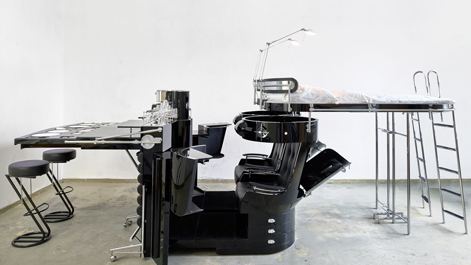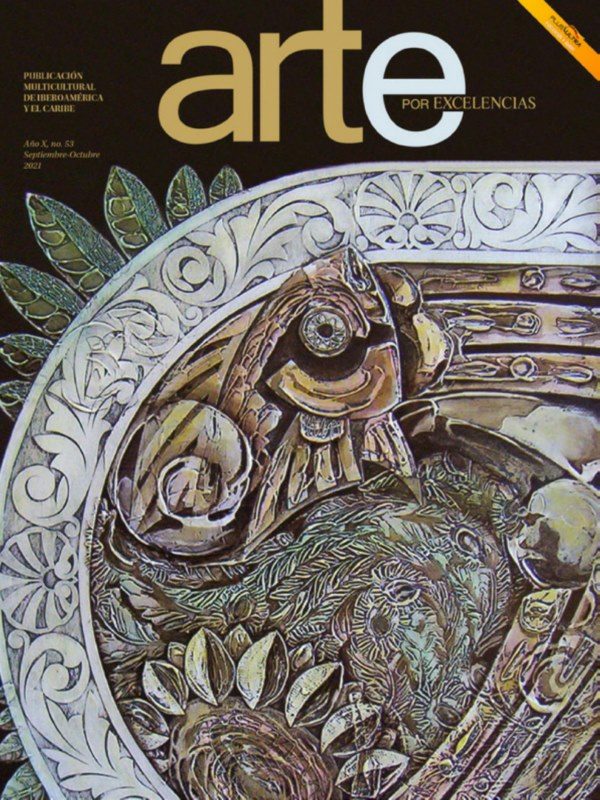Gabriel Leger. Imago Mundi
For a long time, a single principle governed the world. God created all that man enjoyed, and He created man in his image. A multitude of decenterings and movements of thought have challenged this single causal explanation, and transcendence has assumed new forms. If God does not exist, is (secular) art one such trace of this lost transcendence?
With each of his exhibitions, Gabriel Leger puts this precarious balance between rational and spiritual conceptions of the world back into play to reveal its inherent tensions. He freely evokes the humanist spirit of the Renaissance alongside that of the century of the Enlightenment (les Lumières), swinging like a pendulum from one reference to the other. Many of his works explicitly draw upon this desire to combine and compile different forms and systems of knowledge.
Gabriel Leger seems fascinated by the immensity of the unknown, in particular when it comes to the mysteries of the universe and of the possibility of life on far-flung planets. Are there other beings living beyond the range of the telescope, a device that is both a tool and a metaphor for man's desire to reach out and touch the stars?
It is indeed certainty that this exhibition explores, including the seemingly unshakeable certainty of the Imago Mundi, a 15th century atlas that, at the time of its publication, mapped out the extent of geographical and astrological knowledge. Today this representation has been razed, swept away and invalidated by science as it seeks to overturn old convictions. This monographic exhibition, at once sensitive and erudite, dances like a funambulist on the tightrope of progress. It is the notion of progress which science and religion have alternately appropriated to produce children which are sacred and profane. This balance which is echoed by the work on display here, which art can not quite extract from the fundamental and archaic need for transcendence.
Gabriel Leger was born 1978 in France and studied at Ècole Nationale Supérieure des Arts Décoratifs in Paris. He lives and works in Paris.
MK Kaehne. Koffer: Wohnung
The artist, born in Vilnius in Lithuania in 1963, is equipped with a biography that oscillates between Moscow, East Berlin and finally after the turnaround in the new 'Whole-Berlin'. Socialist socialization plays a part in the work of this artist, whose background in fact is painting, but who kept struggling visibly with the medium. In the meantime, MK Kaehne has evolved to a sculptor who plans and builds systems thoroughly. In their detailed folding mechanics and consistent execution, they are luxurious fulfillment kits, providing everything from toaster to the towel holder that is required in everyday life. The dining area with bar function, the lounge zone with integrated flat screens, leather toiletries and two loft beds. Serviceable spirits who, in chrome and black, recall the Bauhaus aesthetic of the twenties and promise boundless mobility to the modern globalized world. A kind of socialist utopia in Supremacist black? "Of course, I play with stereotypes," says MK Kaehne, but he is not a design fetishist: "It is the luxury item that I want to break with my point of view."
As an artist, he is part of the society, says MK Kaehne, but he is neither a politician nor a demonstrator, or needs to explain the world. "I am not one of you," says the lettering, embroidered in two black flags in another work, thus underpinning the refusal of an assumption.







